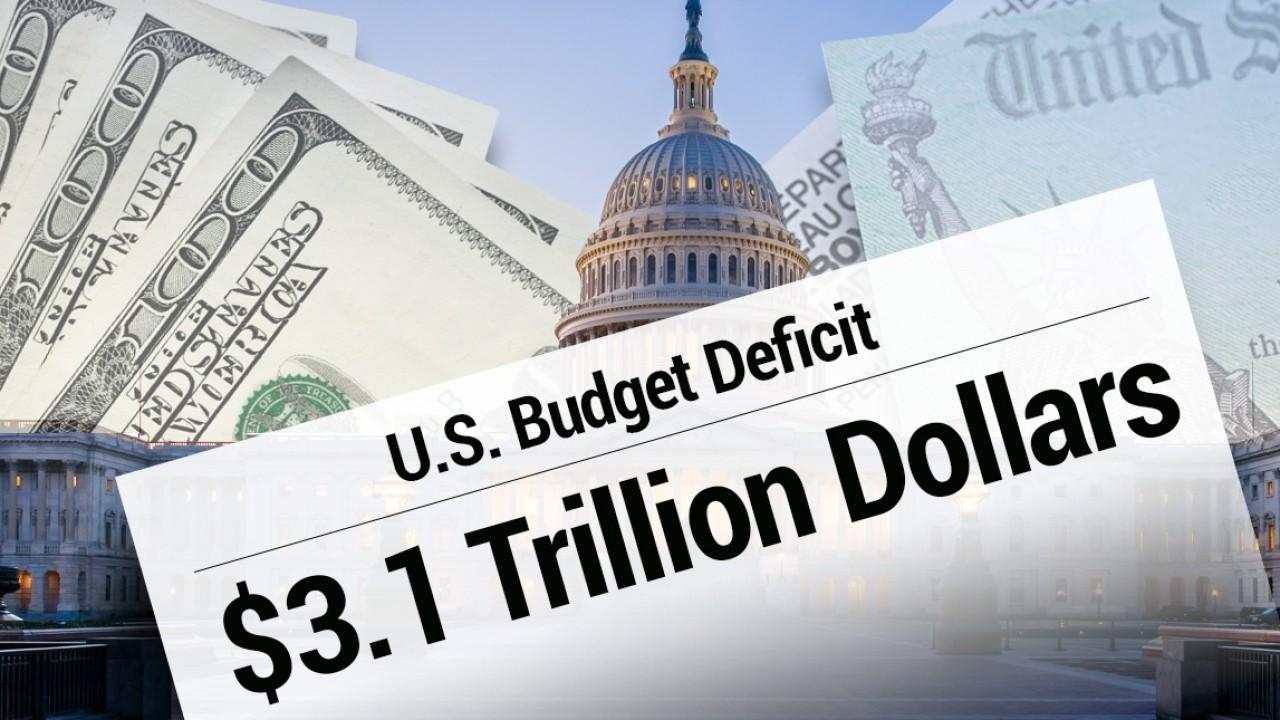These states have the highest debt burdens
Average credit card debt nationwide fell 6%
Southern states are facing the highest burden of credit card debt during 2020, and Louisiana residents have the biggest burden of all, a recent CreditCards.com survey found.
For the Pelican State, the average household carries $7,940 in credit card debt and earns a median income of $51,073, according to the data released Monday.
If residents pay off debt with 15% of earnings, it would take a Louisiana credit cardholder 15 months to absolve their debt, while paying $1,013 in interest, analysts noted.
CANCELING STUDENT LOAN DEBT WOULD BE INEFFECTIVE AT BOOSTING US ECONOMY, STUDY SHOWS
After Louisiana is Mississippi followed by Oklahoma, Alabama and Arkansas. In comparison, the state facing the lowest debt burden is Utah followed by Minnesota, Wisconsin and Washington, D.C.
However, regardless of where someone lives, analysts project that consumers will have a tougher time getting out of debt this year compared to years past.

(iStock)
According to industry analyst Ted Rossman, popular debt payoff tools such as balance transfers and personal loans have become much harder to obtain this year.
WHAT IS THE US NATIONAL DEBT, AND HOW DOES IT AFFECT THE ECONOMY?
“Right now, getting out of credit card debt is mostly on you. It’s so important to pay a lot more than the minimum if possible," he said.
However, he noted that consumers can eradicate their debt within eight to 15 months if they can make their "state’s median household income and can buckle down and put 15% of your income towards your credit card debt."
However, despite the coronavirus pandemic and subsequent economic recession, consumers didn't fall deeper into debt, analysts said. In fact, the average amount of credit card debt nationwide declined.
GET FOX BUSINESS ON THE GO BY CLICKING HERE
Average credit card debt around the nation fell 6% all while the median household income rose 6% compared with last year, according to the data.
This is due in part to the stimulus payments that were doled out to Americans earlier this year and the extra $600 a week in unemployment benefits, which expired in July, according to debt expert Michael Bovee.
Bovee also noted that other relief measures from the U.S. federal government along with a proactive approach by creditors attributed to this decline.
CLICK HERE TO READ MORE ON FOX BUSINESS




















